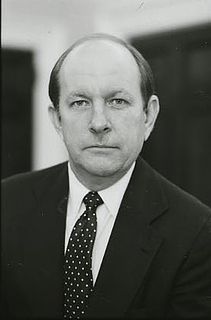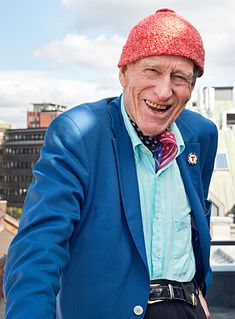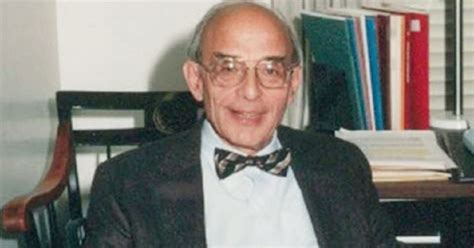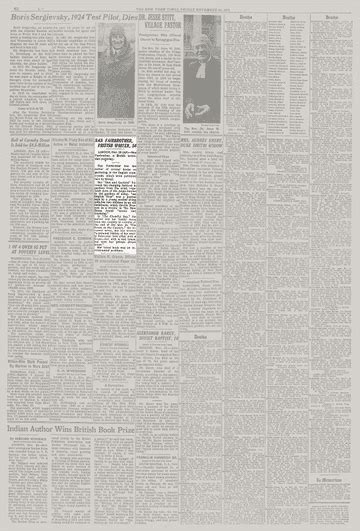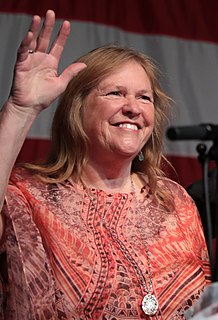A Quote by Jacque Fresco
If you had a free society you couldn't get people to go to war, if you had an intelligent type of upbringing in ones children. They would say; There must be many other ways of solving problems other then killing people.
Related Quotes
I came to the conclusion that war was an unacceptable way of solving whatever problems there were in the world--that there would be problems of tyranny, of injustice, of nations crossing frontiers and that injustice and tyranny should not be tolerated and should be fought and resisted, but the one thing that must not be used to solve that problem is war. Because war is inevitably the indiscriminate killing of large numbers of people. And that fact overwhelms whatever moral cause is somewhere buried in the history of that war.
In terms of - my relationship with so many, many young people. I would - I would guess that there are many young people who would come forward. Many more young people who would come forward and say that my methods and - and what I had done for them made a very positive impact on their life. And I didn't go around seeking out every young person for sexual needs that I've helped. There are many that I didn't have - I hardly had any contact with who I have helped in many, many ways.
Solving problems is a practical skill like, let us say, swimming. We acquire any practical skill by imitation and practice. Trying to swim, you imitate what other people do with their hands and feet to keep their heads above water, and, finally, you learn to swim by practicing swimming. Trying to solve problems, you have to observe and to imitate what other people do when solving problems, and, finally, you learn to do problems by doing them.
I think it's very dangerous for a free society to have all the information distilled and packaged by our government and given to us. Do we know to this day who we killed in Iraq? I don't think so. If bringing war into the living room means that we as a people will say we don't want to do it that way anymore we want to figure out other ways to solve these conflicts, then I would say that photography and television have done us a great service.
Nationalism in Norway was very strong in 1905, that we must be free of Sweden. But I must say, I'm not 100 percent sure that was a wise decision. We had the war; we were occupied by Germans from 1940 to '45. And if there had been one Scandinavian country, then it would not have been so very easy probably to go ahead with the occupation.
Most people define learning too narrowly as mere 'problem-solving', so they focus on identifying and correcting errors in the external environment. Solving problems is important. But if learning is to persist, managers and employees must also look inward. The need to reflect critically on their own behaviour, identify the ways they often inadvertently contribute to the organisation’s problems, and then change how they act.
It was great growing up in Brooklyn. The neighborhood was the street. Everybody would get together after school. Somebody would sit out on a stoop and then five other people, 10 other people would come out - a game of stickball or stoopball or dodgeball - all revolved around a basketball or dodgeball. We had fun.
They say you cannot love two people equally at once,” she said. “And perhaps for others that is so. But you and Will—you are not like two ordinary people, two people who might have been jealous of each other, or who would have imagined my love for one of them diminished by my love of the other. You merged your souls when you were both children. I could not have loved Will so much if I had not loved you as well. And I could not love you as I do if I had not loved Will as I did.
I feel for young people today. When I came out of law school, yes, we were broke, we had kids, we had problems. But it was straightforward. I didn't have to say, "My God, I am $80,000 in debt, I have to get a job, I have to pay it back, my life is ruined otherwise." We were able to go forward and work toward building something new, and that's what we did. Today many lawyers are unable to feel free to be advocates.
In other ways, you constantly have to change people's opinion of you as one thing, especially if you want to play different roles. You have to shatter that image sometimes. I've had to do it before with stage roles, to get roles. I'm drawn to kind of darker, misfit things. I would like to, especially in film, play against type and do some heavier stuff. I'm intrigued by projects that deal with problematic people and things.




